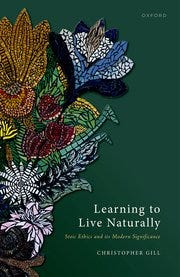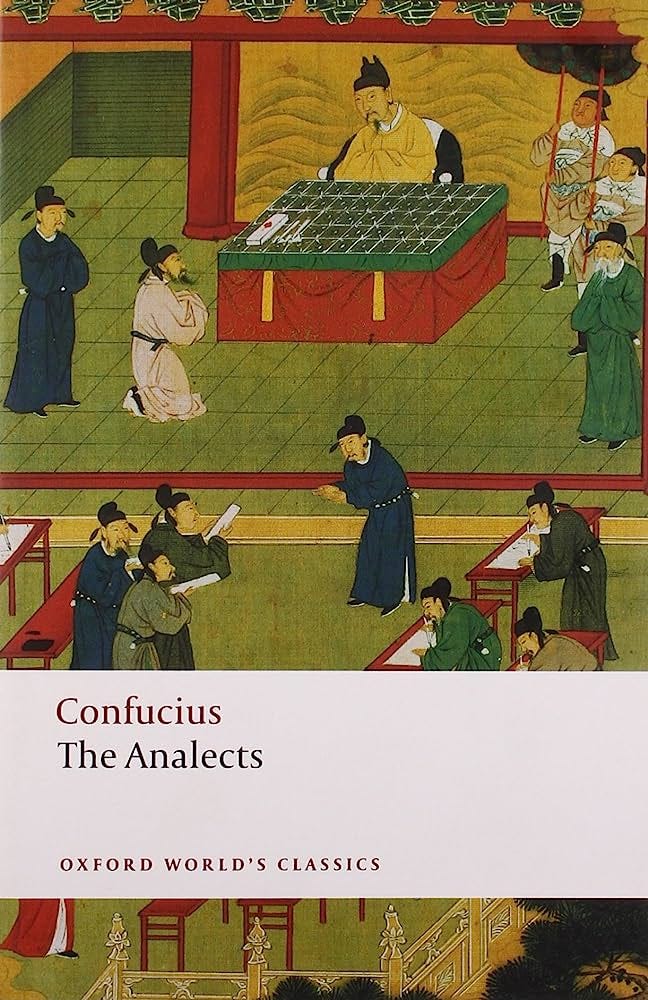Hi – my name’s Caleb. I’m one of the founders of Stoa and have a background in academic philosophy and startups. Welcome to my newsletter.
And here’s a list of what I’ve been reading in June 2023.
📖 Learning to Live Naturally by Chris Gill
This is Stoic legend Chris Gill’s most recent book. It’s academic, but clear enough to read. The first two sections on Stoic theory are the best.
One thing that the book brought to my attention is, according to the ancient Stoics, human rationality reflects God in a fractal manner. The universe is ordered and providential:
On this view, then, structure, order, and wholeness, on the one hand, and providential care, on the other, are both to be understood as natural expressions of the activity of god as in-built mind and agency.
These two aspects are reflected in human’s rational ability to know the world as individuals (order) and act prosocially (providence). Indeed, when the Sage is virtuous they can simply be thought of as accurately perceiving Nature and doing its will, as their nature calls for:
Happiness, as the goal of life, can be understood as the highest expression of human nature, as encapsulating the chief markers of humanity at its best, namely rationality and sociability (more precisely, sociability shaped by rationality).
Gill also offers arguments for why Stoic virtue ethics is preferable to other versions. The central considerations are ancient ones. For virtue to be good it must be something that always benefits the virtuous. No non-virtuous thing has this property. Everything can be used for good or ill. Wealth, reputation, pleasure, and status can help or harm. Virtue consists in using these, and other externals, well:
There is one goal (happiness understood as the life according to nature or virtue), and the indifferents selected form the ‘material’ deployed to achieve this goal.
📖 Analects and Great Courses: Books That Matter: The Analects of Confucius
5/5. The kind of book that one can spend a life puzzling over. Robert Andre LaFleur offers useful background on the book, with some, but minimal, academic overlay. His description of the different students that appear in Analects is especially useful.
“At fifteen I set my heart on learning, at thirty I was established, at forty I had no perplexities, at fifty I understood the decrees of Heaven, at sixty my ear was in accord, and at seventy I followed what my heart desired but did not transgress what was right.”
Analects, 1.4
‘Sacrifice as if present’ means ‘Sacrifice to the spirits as if the spirits were in one’s presence’; but the Master said: ‘If I myself do not take part in a sacrifice, it is as if no sacrifice is made.’
Analects, 3.12
Ran You said: ‘It is not that I do not feel pleased with your Way, but my strength is inadequate.’ The Master said: ‘Those whose strength is inadequate fall out along the way, but now you are already imposing limits.”
Analects, 6.12
Let me know if you pick any of these up and let me know what you’ve read this month.





